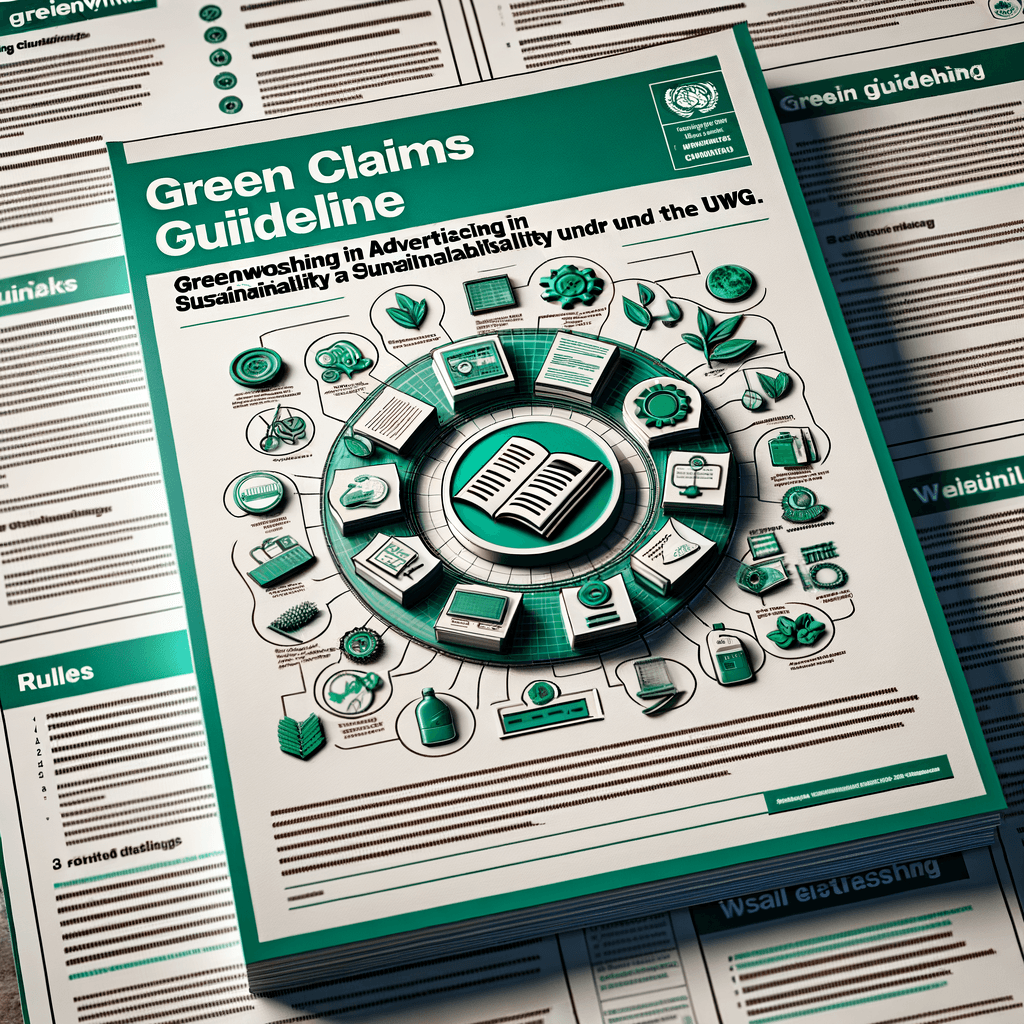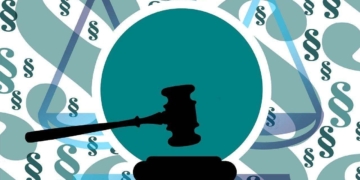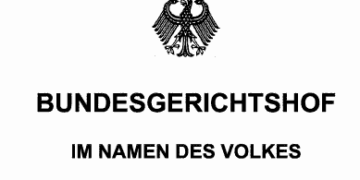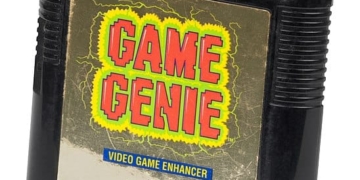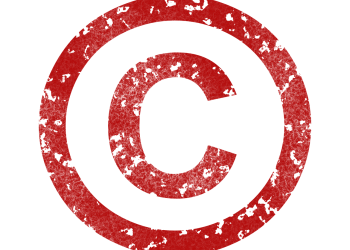In times of increasing environmental awareness, more and more companies are advertising with sustainability and “green” promises. Terms such as “climate-neutral”, “environmentally friendly” or “sustainable” are intended to convince consumers that products and services are ecologically harmless. However, if such statements are not true or lack substance, this is known as greenwashing – a marketing practice in which a company is portrayed as more environmentally friendly than it actually is. Greenwashing in advertising is not only a problem of trust, but can also constitute a breach of competition law, in particular the Unfair Competition Act(UWG).
In order to protect consumers from misleading sustainability claims, the EU is planning a Green Claims Directive. This new directive is expected to come into force in 2025/2026 and establish binding rules for environmental advertising across Europe. For companies in Germany, the question arises as to how these requirements will affect German unfair competition law. Sustainability communication in particular will be regulated more strictly: In future, environmental claims must be verifiable and scientifically sound; vague terms and self-created “eco” labels are to be a thing of the past. This article examines the planned new EU regulations and their impact on Sections 5 and 6 UWG, i.e. on misleading and comparative advertising. It also discusses which advertising claims such as “climate neutral” or “environmentally friendly” will be restricted in future, how the competition authorities can intervene and what adjustments companies need to make to their advertising and product labeling.
Greenwashing and sustainability advertising in the UWG: current legal situation
Even under current law, environmental claims in advertising must not be misleading. The UWG prohibits misleading business practices (Section 5 UWG) – this includes false or misleading statements about the essential characteristics of a product, including environmental compatibility and ecological properties. Advertising is therefore unlawful if, for example, it attributes environmental benefits to a product that in reality do not exist or only exist to a lesser extent. Section 5a UWG also prohibits the concealment of essential information: Anyone advertising as “climate neutral”, for example, must explain how this climate neutrality is achieved. Failure to do so may constitute misleading information by omission. In addition, according to Section 6 UWG, all comparative advertising must be factually and objectively comparable – even sustainability claims in comparison with competitors must not be made out of thin air.
In Germany, courts and supervisory authorities have already begun to consistently punish greenwashing violations. For example, the Düsseldorf Higher Regional Court ruled that although the term “climate-neutral” is understood by the average consumer (i.e. as a balanced carbon footprint of a product, including through offsetting), it is a violation of the Unfair Competition Act if it is not made clear how this climate neutrality was achieved. If there is no reference to offsetting measures, the consumer is misled about a material fact. In another case, the Karlsruhe Regional Court prohibited the drugstore chain dm from advertising its products as “climate neutral” without disclosing the calculation basis – companies must provide transparent information about the basis of their environmental promises. Terms such as “sustainable” or “resource-friendly” have also been banned by courts if the advertising company was unable to provide scientific evidence of an actual better environmental balance. In short, sustainability advertising is already subject to strict requirements. Competition associations such as the Wettbewerbszentrale and consumer advice centers issue warnings about misleading environmental advertising, and violations can result in injunctions. My detailed article on disclosure requirements for climate advertising shows that courts expect companies to provide concrete evidence of environmental benefits.
The EU Green Claims Directive: New requirements for sustainability communication
The European Union wants to curb the proliferation of unsubstantiated environmental claims with the Green Claims Directive. The directive, which will be proposed by the EU Commission in 2023 and is expected to be adopted by 2025, contains comprehensive requirements for sustainability communication and environmental advertising. The aim is to prevent greenwashing and ensure transparent, comparable environmental information. Below are the most important planned changes:
- Strict burden of proof for environmental promises: In future, companies will have to back up every green advertising claim with evidence. Statements such as “CO₂-reduced” or “environmentally friendly” require a solid, scientific basis (e.g. life cycle analysis or other recognized methods). Blanket claims without evidence should be prohibited.
- Scientific basis and transparency: The methods used to substantiate environmental benefits must be robust and scientifically sound. Companies are obliged to provide precise information about the data, calculations and criteria behind an environmental claim. Consumers should be able to view this information if necessary in order to check the credibility of the claim.
- Independent verification: It is planned that environmental claims must be verified or certified by independent, accredited bodies before they can be used. This is intended to ensure that the buck does not stop here – in other words, companies cannot simply “check” their claims themselves, but need external validation.
- Ban on misleading buzzwords: Generic advertising phrases such as “environmentally friendly”, “eco-friendly”, “eco” or “natural” may only be used if there is concrete evidence to support these statements. Otherwise, such vague terms will be prohibited in future because they can demonstrably mislead consumers. Instead, companies must clearly state what the environmental benefit is (e.g. “packaging is made from 30% recycled plastic” instead of simply “environmentally friendly packaging”).
- Restriction of “climate-neutral” advertising: The popular “climate-neutral” claim in particular is under scrutiny. The EU wants to ban advertising claims about climate neutrality based on offsetting. This means that a product may no longer be advertised as climate-neutral if this is only achieved by purchasing CO₂ certificates. Terms such as “CO₂-neutral”, “climate-positive” or similar may only be used in future if they are based on genuine avoidance of emissions – pure offsetting is not sufficient.
- Regulation of sustainability labels: The directive also aims to regulate the flood of environmental labels. Companies’ own eco-labels (so-called private labels) are to be banned in future unless they are based on official certification systems or standards recognized by authorities. Only sustainability labels awarded by independent bodies (such as state or EU-recognized labels like the Blue Angel or the EU Ecolabel) would be permitted. This would protect consumers from confusing pseudo-labels and strengthen genuinely trustworthy labels.
These new requirements represent a paradigm shift for environmental advertising. Until now, the UWG contained a general ban on misleading advertising, but the Green Claims Directive now defines uniform criteria for permissible environmental advertising throughout Europe for the first time. Following adoption at EU level, the member states are expected to have 24 months to transpose the rules into national law. This means that the changes will be enshrined in the German UWG or accompanying legislation by 2026 at the latest. Companies must prepare for these stricter transparency and verification obligations at an early stage.
Effects on Section 5 UWG: Prohibition of misleading statements is concretized
The new EU regulations considerably tighten the general prohibition of misleading statements in Section 5 UWG for sustainability claims. Previously, courts had to assess on a case-by-case basis whether an environmental claim was likely to mislead consumers. In future, the EU rules will provide clear guidelines: Certain practices are considered misleading ipso jure. For example, advertising with “climate neutral” on the basis of certificate purchases will be classified by the legislator as misleading per se – regardless of whether a consumer understands this in the specific case or not. This contextualization of Section 5 UWG means that companies should no longer even try to gloss over such borderline claims; they become legally inadmissible.
In addition, the reversal of the burden of proof will become more apparent: Following implementation of the directive, an advertising company must be able to prove at any time that its environmental claims are correct. If it is unable to do so, this constitutes an unfair act. Whereas previously, in the event of a dispute, competitors or associations often had to demonstrate the misleading nature of the claim, in future the advertiser will be expected to proactively ensure the accuracy and completeness of its sustainability claims. § Section 5 UWG will therefore be supplemented by the specific verification requirements of the Green Claims Directive.
In practice, this is likely to mean that either new examples will be included in the UWG practice or existing standards (such as the so-called “black list” of unfair commercial practices) will be expanded. For example, the UWG annex could include an explicit ban on describing products as environmentally friendly or climate-neutral without providing the necessary evidence in the same advertising medium. For companies, this means that every environmental claim automatically becomes a legal risk if it is not substantiated.
Effects on Section 6 UWG: Comparative sustainability statements
If environmental benefits are emphasized in advertising in comparison to other products or competitors, the requirements of Section 6 UWG (comparative advertising) also apply in addition to Section 5 UWG. Here too, the new EU regulations strengthen the measures against unfair comparisons. A company may only present itself as “more environmentally friendly than the competition” if this advantage can be objectively measured and proven. In future, comparative sustainability claims must be based on the same test criteria – so if you want to claim that a product causes 20% less CO₂ than a competitor’s product, this claim must be determined using recognized calculation methods and documented in a comprehensible manner. Mere assertions or unfair blanket comparisons (e.g. “the greenest product on the market”) would clearly be inadmissible.
On a positive note, the directive also offers opportunities for honest comparative advertising: Anyone who actually has an independent environmental certificate or demonstrably produces with lower emissions can continue to communicate this within the framework of Section 6 UWG – but then according to the new rules of the game. For example, advertising could state: “Proven 30% lower CO₂ emissions compared to the market standard, confirmed by [independent testing body]”. Such specific and verified information would satisfy both the comparative principles of the UWG and the EU transparency requirements. Overall, Section 6 UWG is further clarified by the Green Claims Directive: It still allows comparative sustainability advertising, but only within narrow, factually substantiated limits. Companies must therefore formulate comparisons in green advertising very carefully in order to avoid being prosecuted for misleading or unfair advertising.
Role of competition authorities and enforcement
The new rules also increase the importance of the competition authorities and supervisory authorities in enforcement. Until now, greenwashing violations have mainly been the subject of warnings and civil prosecution by competitors or associations (such as the Wettbewerbszentrale). In future, it is to be expected that state consumer protection authorities will also increasingly take action against misleading sustainability advertising. The EU Commission and national authorities can carry out joint actions (sweep checks) as part of the Consumer Protection Coordination Network in order to uncover inadmissible environmental claims. Reviews in the past have already shown that a high proportion of “green” promises are not tenable – these findings should now lead to targeted controls.
In Germany, for example, the Federal Cartel Office (in its role as consumer protection authority) or the Federal Ministry of Consumer Protection could target companies that systematically advertise with unproven environmental claims. The state consumer protection offices also have the option of imposing fines for violations of the UWG. The implementation of the EU directive is expected to create explicit sanction options: Fines of up to 4% of annual turnover are on the cards for serious, EU-wide violations of the new greenwashing bans. This high penalty threat was introduced as part of the EU consumer law amendments (keyword “New Deal for Consumers”) and is likely to be applied if there is clear evidence of misleading environmental advertising.
Companies should therefore not only pay attention to the risk of warnings from competitors, but should also be aware that greenwashing can also be punished by the regulatory authorities. The authorities are likely to develop guidelines and assessment standards to monitor compliance with the Green Claims Directive. For example, it could be stipulated that companies must submit their supporting documentation for environmental claims at the request of the authorities. The result will be a regulatory framework for checking sustainability communication: anyone who cheats or disregards standards here risks not only damage to their image, but also tangible legal consequences from the authorities.
Conclusion: an end to greenwashing – an opportunity for real sustainability
Overall, the Green Claims Directive 2025 and the associated changes to the UWG mark a turning point for greenwashing advertising. Vague environmental promises and unsubstantiated sustainability slogans will no longer have a place in legal advertising in future. What initially sounds like more restrictions for companies also offers an opportunity: genuine sustainability will be rewarded, as only seriously substantiated claims will be permitted. Companies that actually invest in environmental measures will be able to stand out from the crowd, while greenwashers will be thwarted. For consumers, this means more reliable information and more trust in “green” advertising claims.
Advertising and product labeling must adapt to these new rules. Marketing departments should scrutinize all claims used at an early stage and create a solid data basis for each statement. The motto is: transparency instead of buzzwords. When in doubt, it is better to say specifically “This product saves 20% energy” than to advertise with superlatives such as “environmentally friendly”. The reform brings the topics of sustainability and UWG closer together – legally clean sustainability communication is becoming a must. Even beyond traditional advertising, for example in CSR reports or ESG communication with investors, the importance of honest, verifiable information is increasing.
The bottom line is that the EU is putting an end to greenwashing and strengthening fair competition: those who live sustainability credibly need not shy away from comparison, and those who only want to appear “green” without being so run the risk of suffering reputational and legal shipwreck from 2025. The coming years will show how effectively the new rules will be implemented – but it is already clear that the advertising landscape will change in the direction of more honesty and transparency. Companies would do well to proactively embrace this change and make their advertising future-proof.


